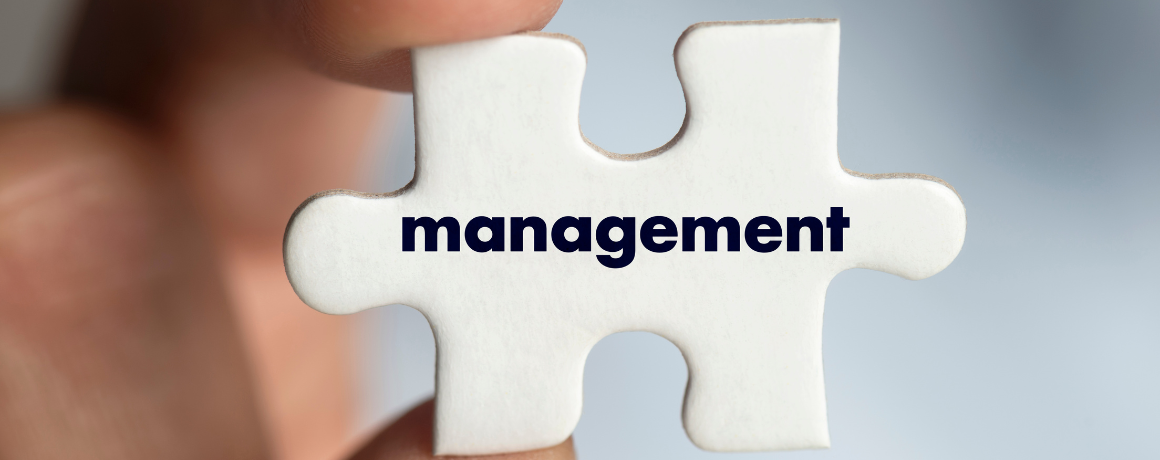GFKM: Agile Project Management



Description
The training aims to introduce participants to an agile approach to project implementation and product delivery. Based on Scrum and Kanban methods, we show how to efficiently organize work in a dynamic environment, referring to the specifics of the implementation of projects in your companies.
As practitioners unanimously emphasize, agility is not only about methods and tools, but above all about a way of thinking. Therefore, the result of the training is not only to provide participants with a set of practical techniques used in the Agile environment, but also to show them in the context of the principles and concepts behind agility.
At the same time, in the course of engaging discussions, we point out that agile projects are not a panacea. Therefore, we juxtapose agile methods with the classic approach, showing the advantages and disadvantages of each approach and indicating the premises signaling when to use a given approach and when they can be combined to optimize activities.
For whom?
For project managers and implementers, members of project teams, contractors of project works and for those who are preparing to carry out projects.
Two-day training program
Introduction
- What is agility and what is it not? A manifesto of agility.
- Scrum, Agile, Kanban – what to choose?
- Scrum basics – the most popular approach
Process flow
- Sprints
- Meeting
- Backlog
- Where are the tests?
- What does “Done” mean?
- The power of rituals – best practices
- Timeboxing
Scrum roles
- A self-organizing team, or agility is not for everyone
- A good Product Owner is an accessible Product Owner
- Scrum Master – leader? coach? chief? facilitator?
- Where does the project manager fit here?
- Who else is a stakeholder of the project?
Backlog and requirements
- Epics and User Stories – how to write down good User Stories?
- Granularity and susceptibility to change
- Prioritization – good practices
- What is a story point? How to find it
- Team Velocity
- What about the changes?
Kanban – a simple method for small projects
- Kanban board as a way to organize work
- On the wall or electronically – examples of tools in the cloud
- Limit work in progress
- Limitations and Expandability of Kanban
Agile, a waterfall
- It’s not the methodologies that are agile or not – it’s the organizations
- When is agility better, and when is it worth acting classically?
- When will agility not work?
- Main pitfalls in agile projects
- Agility and contracts – how to convince a client or subcontractor to be agile
- Barriers in the organization – command & control mentality
- Where to start the implementation?
Agile project simulation
- LEGO Game – a full walk through the project using the Scrum and Kanban methods
- A clash with practice and drawing conclusions
Summary
- How to implement the learned methods in the company’s practice
- Short-term and long-term goals
- The biggest barriers to overcome
- End of training and feedback session
Benefits for participants
Upon completion of the training, participants will be able to:
- choose the appropriate methodology for running the project,
- apply key elements of the project management process,
- effectively define roles in the project team,
- manage projects according to the agile methodology,
- describe the goals of the project using “User Stories”,
- use the most important project management tools (e.g. Kanban),
- implement good project management practices.
Training methods
During the training, participants work in subgroups on sample projects. Both during the Scrum and Kanban parts, we select examples so that they are based on the business and technical reality of the companies. Using these examples, participants practice the tools and methods shown during the training.
The topics are covered through alternating concise lectures, discussions and practical exercises. During the classes, numerous moderated discussions are initiated, when participants share their experiences in individual aspects. The whole is enriched by numerous examples from the trainer’s design practice, short video materials and illustrations of selected topics in supporting software. Selected elements of the training are related to tools supporting work in the Agile environment, e.g. Redmine, JIRA, Trello
After the class, participants receive an e-mail with additional materials, including practical document templates and recommended literature. Open contact with the trainer is also provided indefinitely, should there be a need for short consultations.
Additional information
- Two-day training: April 17-18
- Training participants receive a complete set of materials
- Class hours: 8:30 – 15:30
- 23% VAT should be added to the price of the training









